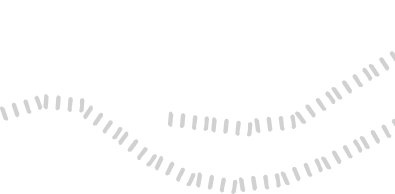Gender equality: Empower or have power?
The Goalkeepers report is a great way for me to dig deeper into where we have reached on the SDGs, what gaps exist and where and what we can do better to bridge them.



Our collection of stories and ideas on how change
leaders are reimagining and co-creating change
that inspires more change
To counter rapidly growing and mutating problems, the speed of execution, building solutions, getting solutions to citizens & responding to challenges as they emerge all influence the speed of solving the problem. And to do so, we need to move from a linear change mindset to an exponential change pathway.
Read More
The Goalkeepers report is a great way for me to dig deeper into where we have reached on the SDGs, what gaps exist and where and what we can do better to bridge them.

It is undeniable that we are living in the age of data. I believe we need an intersectional feminist lens to think about and design for empowering communities to see, sense and solve the problems they face.

While data has been driving decision-making in businesses and governments for a long time now, in the social sector too, entrepreneurs are increasingly using data to see and sense what is happening on-ground and using the findings to design better programmes, bring efficiency and measure impact better. However, where do citizens stand in this data narrative? Are they just passive recipients of someone else’s enhanced decision-making?

To induce exponential impact, Reap Benefit had to unlock scale and speed in distributing the ability to solve among young people. Instead of scaling what works, they had to figure out what works at scale.

The phrase ‘data is the new oil’ has now become a familiar phrase. While it has been in use for almost a decade, its implications are now clear for all to see as data informs more and more of government and civil society decision-making as well as businesses. Now more than ever, conversations around data policies are gaining relevance in the mainstream.

